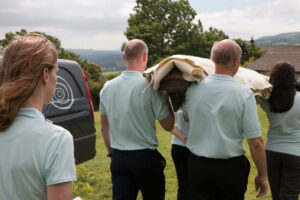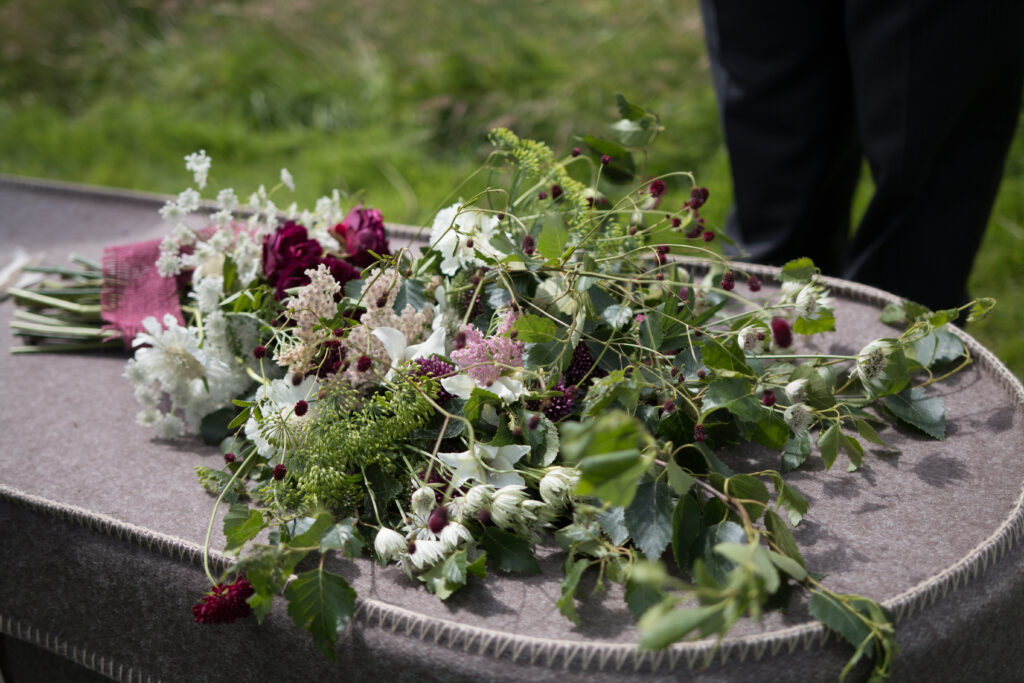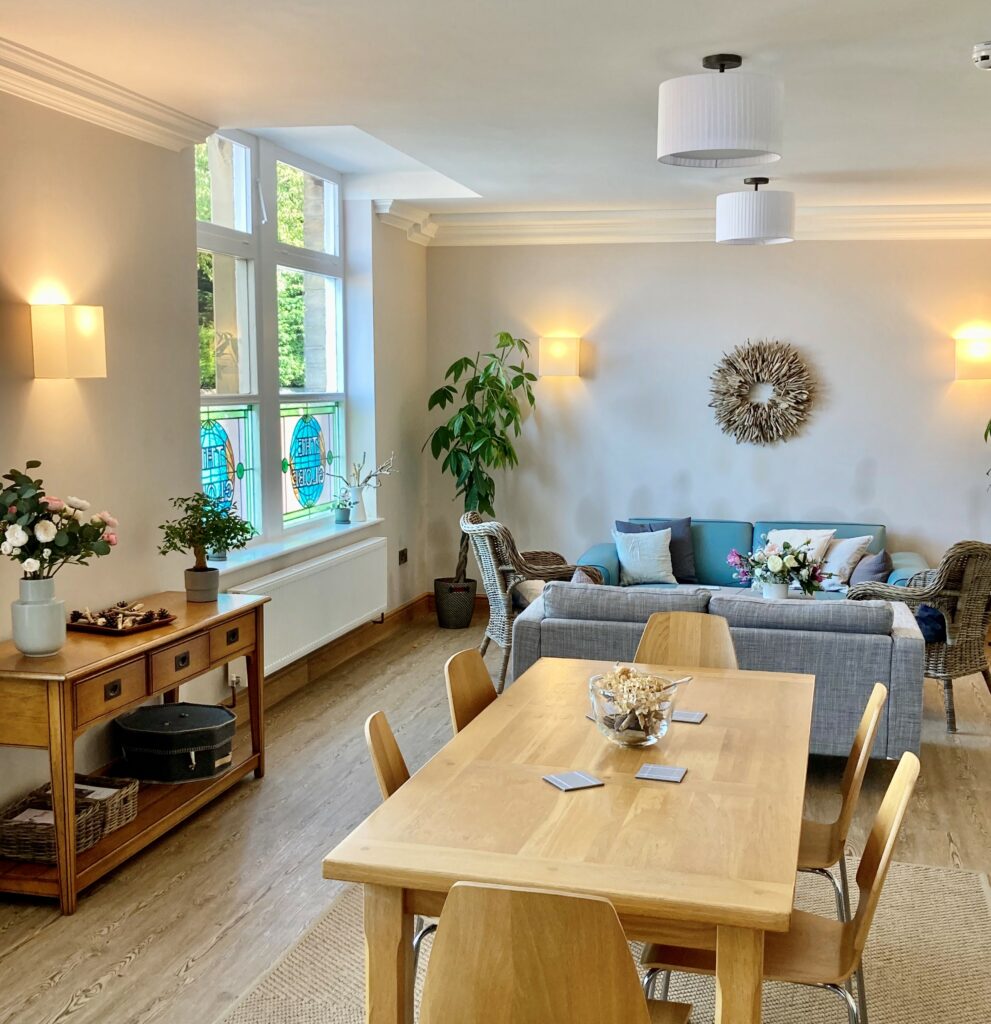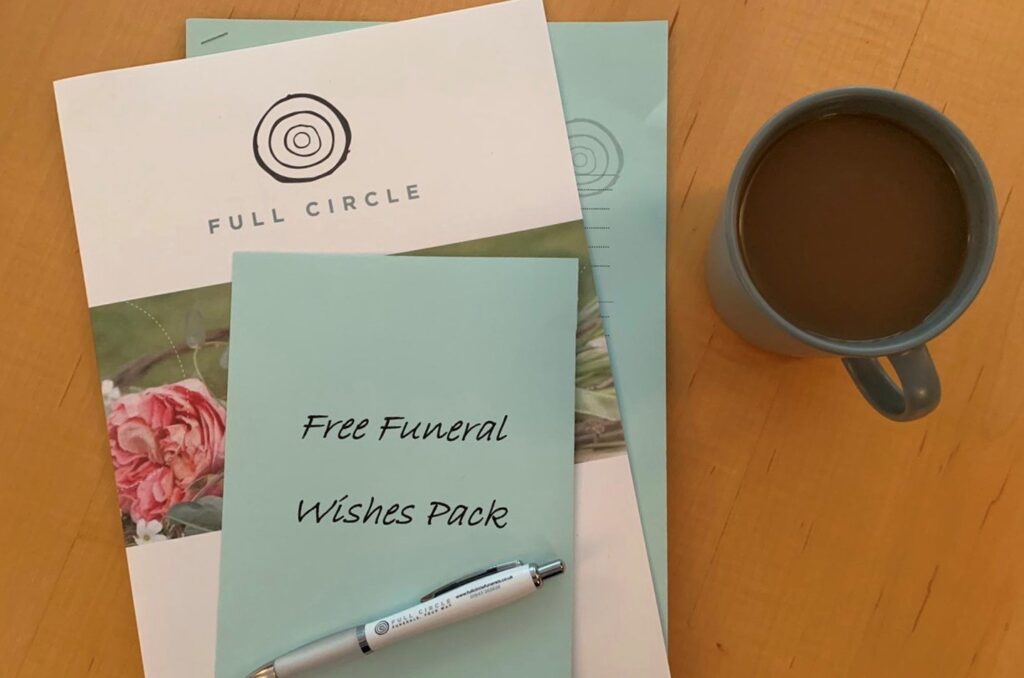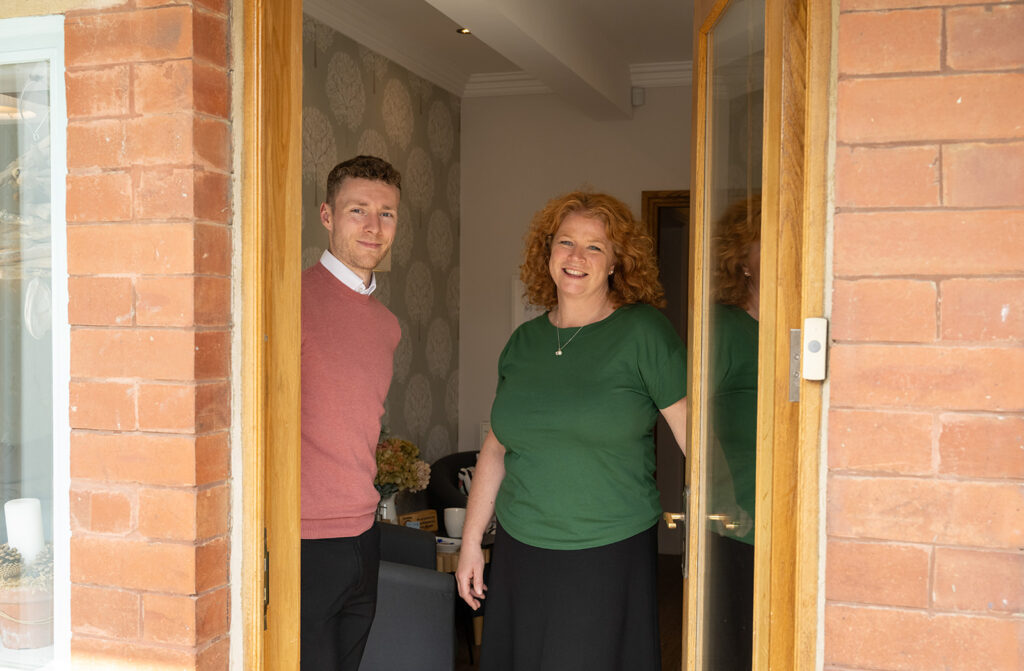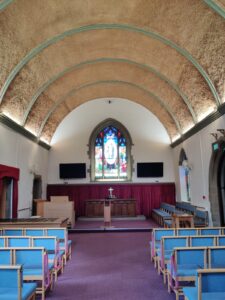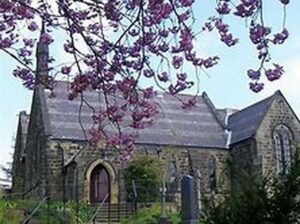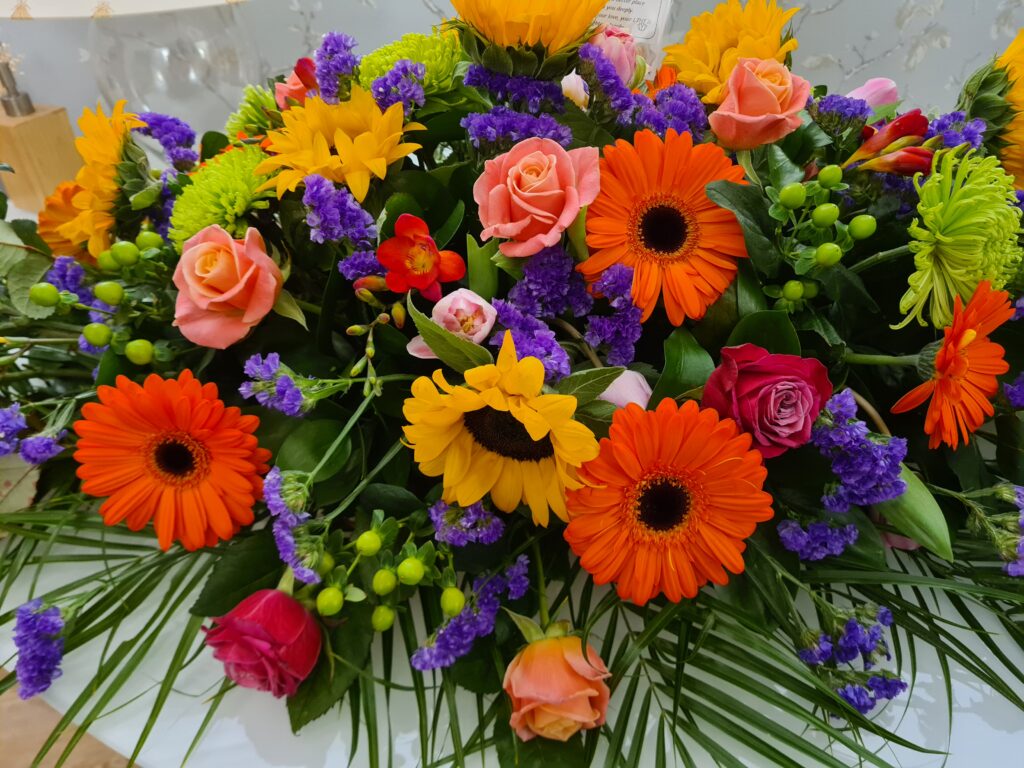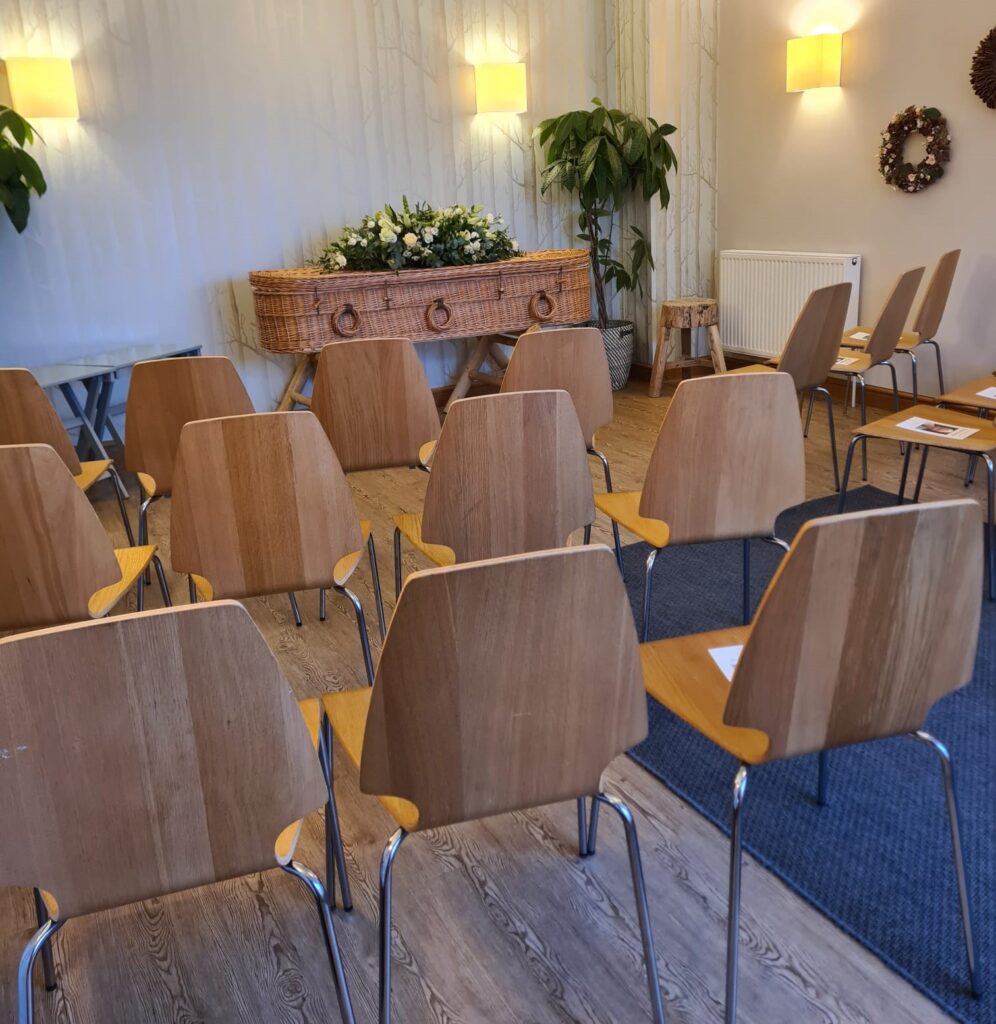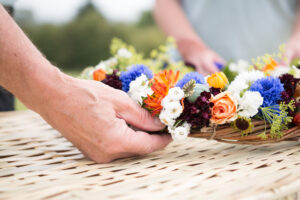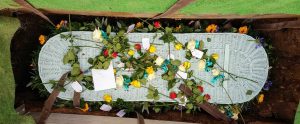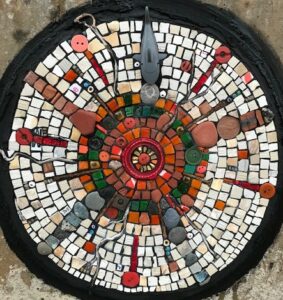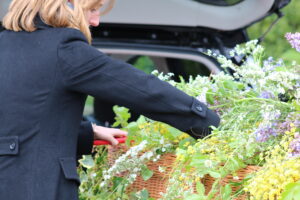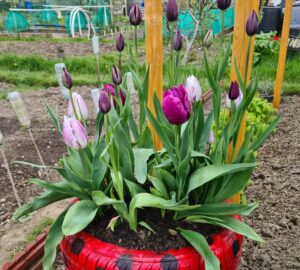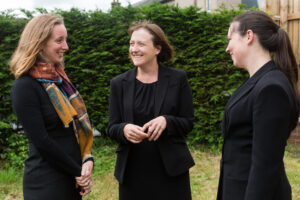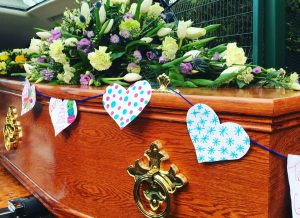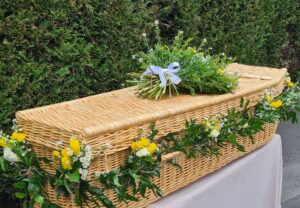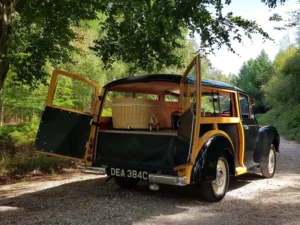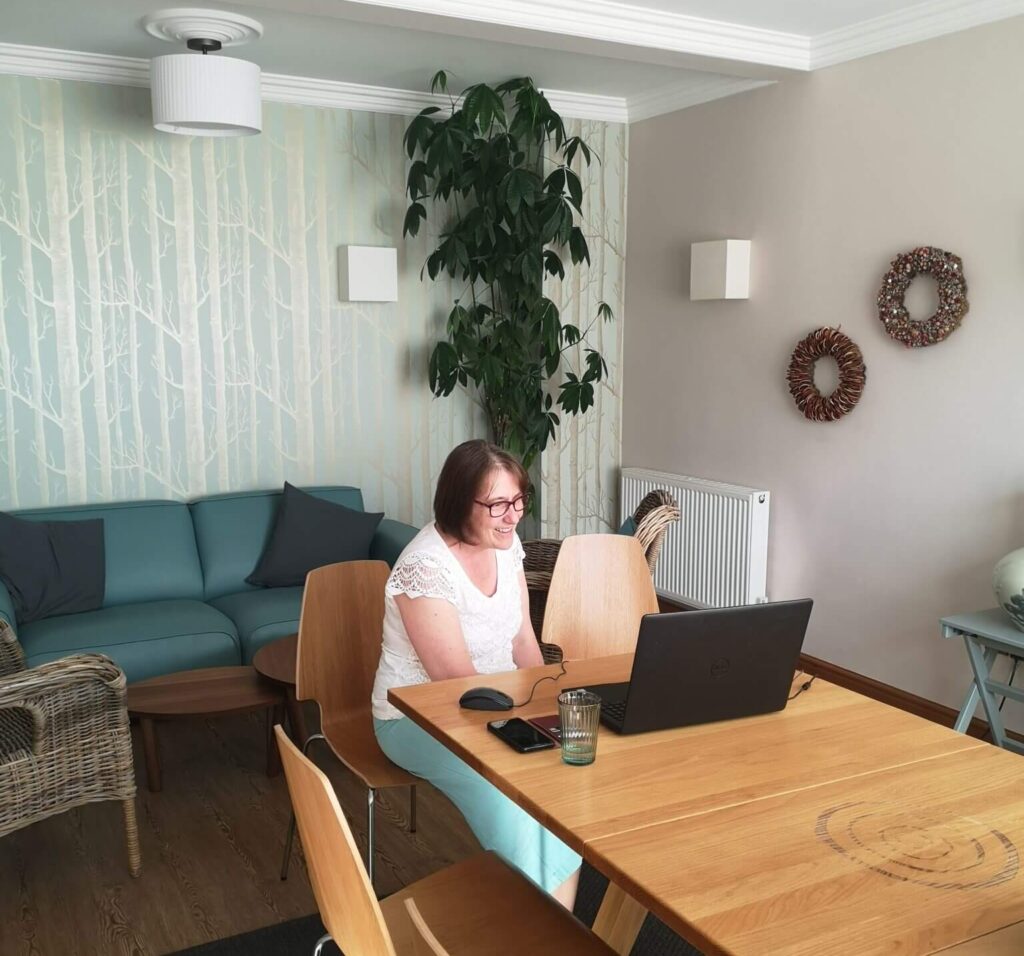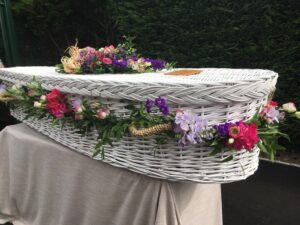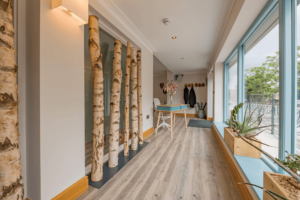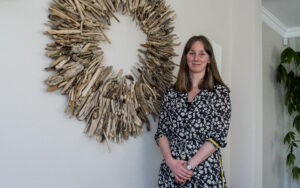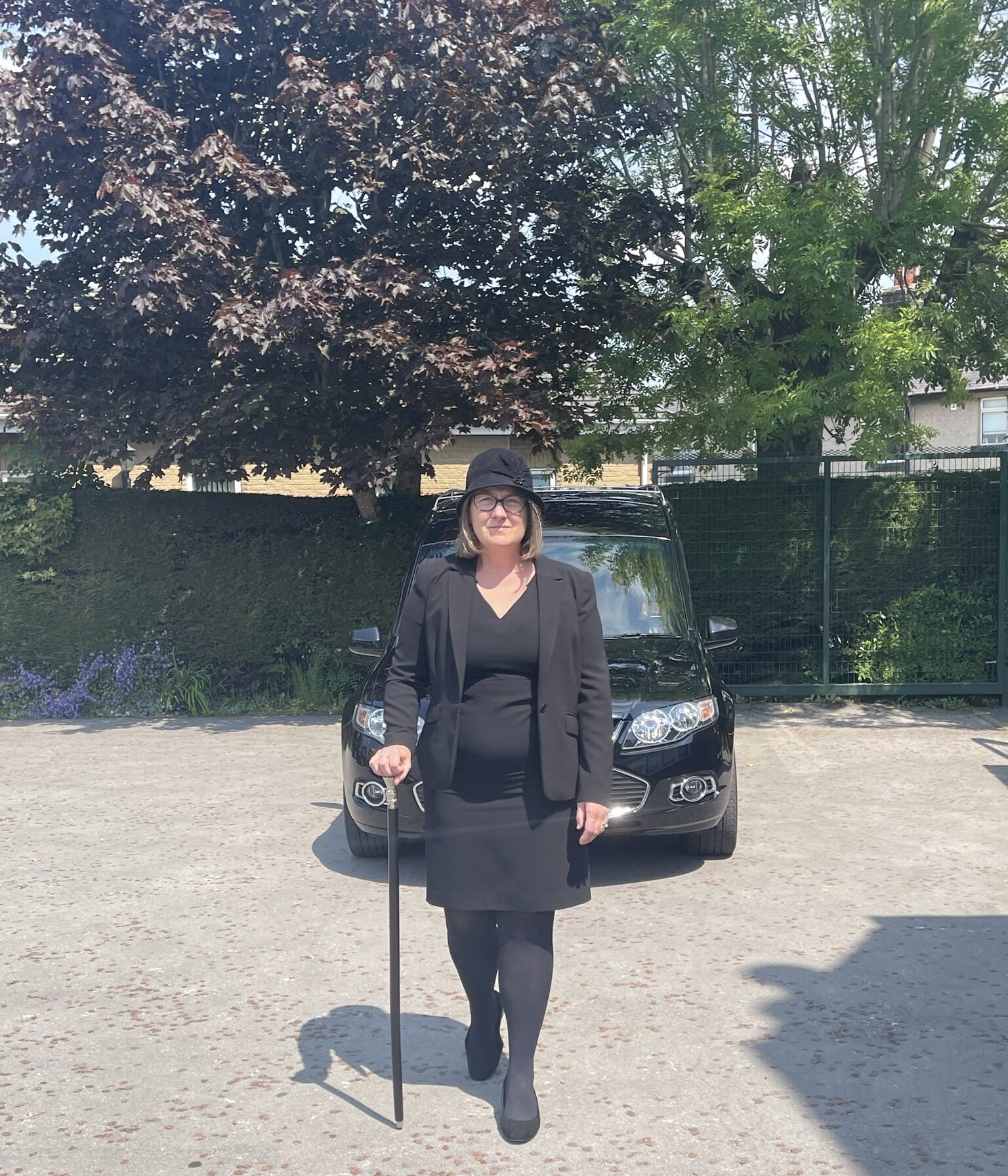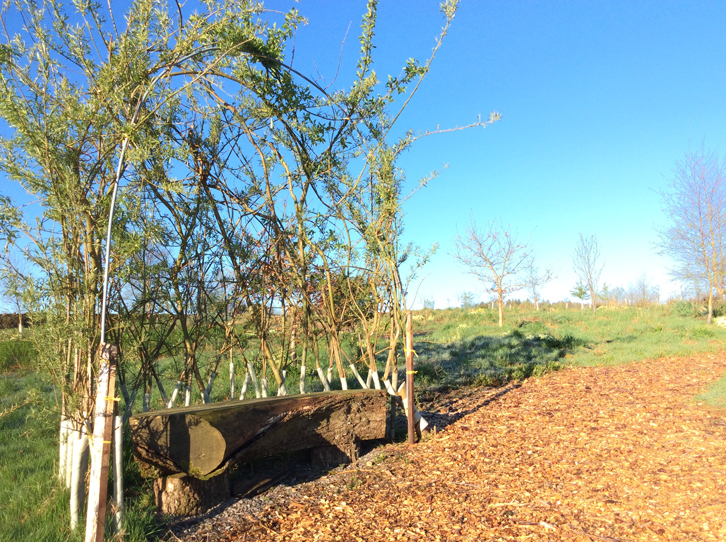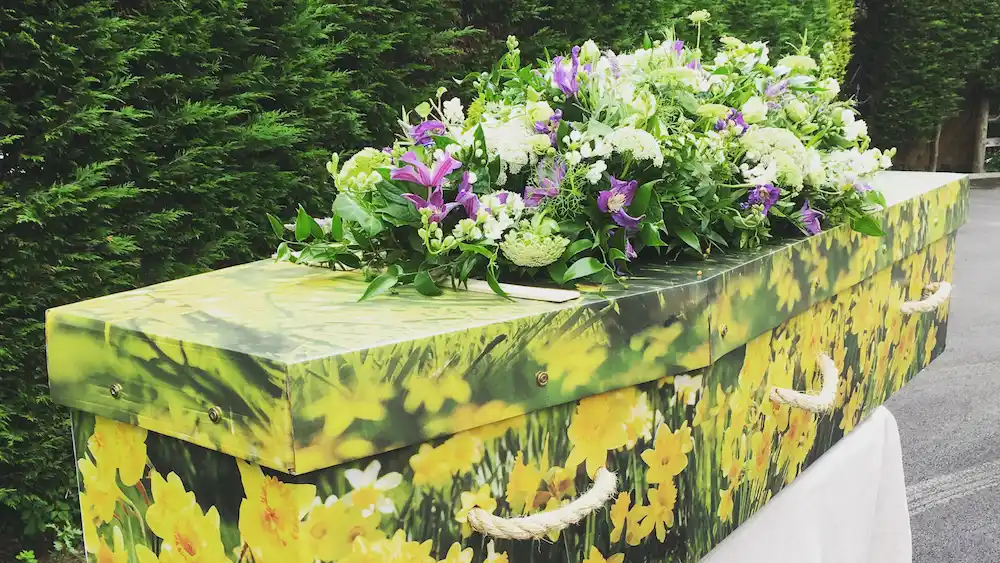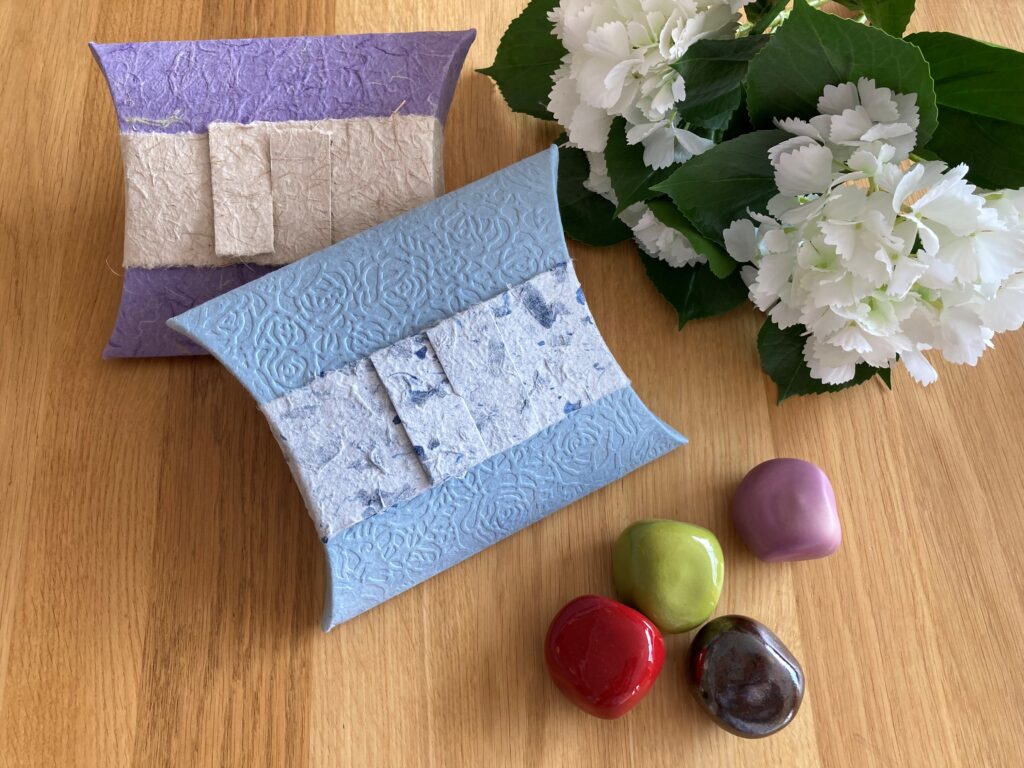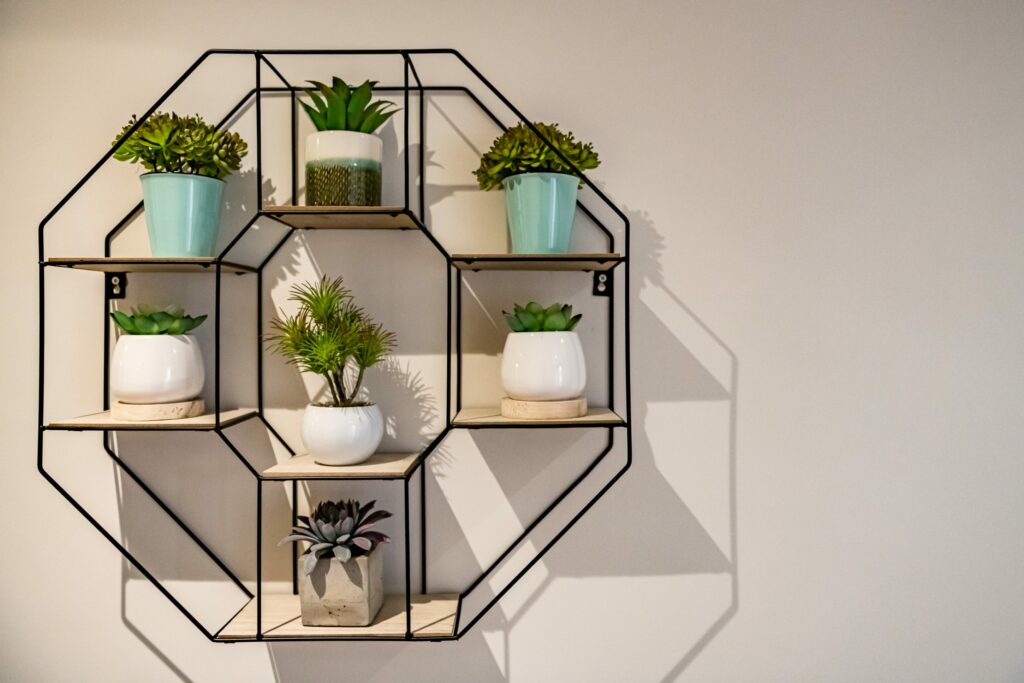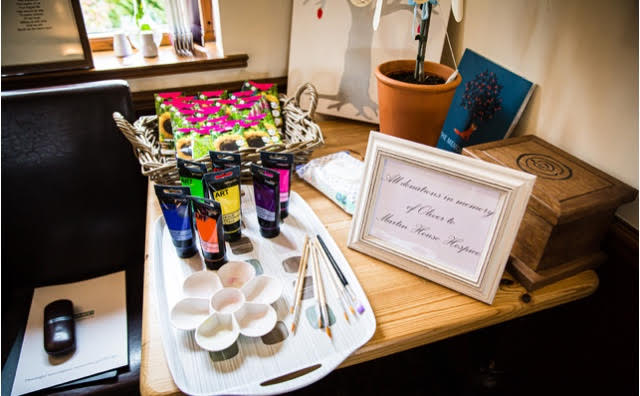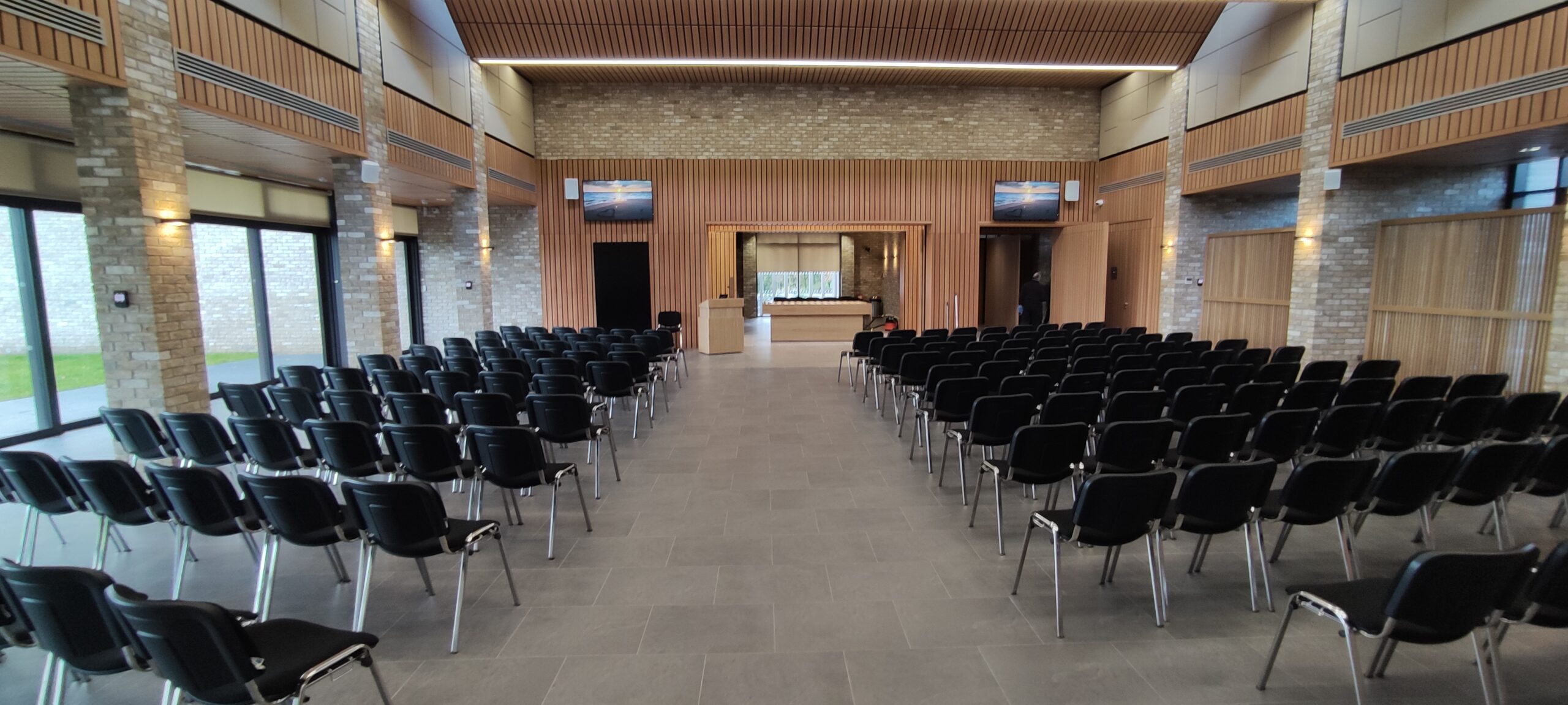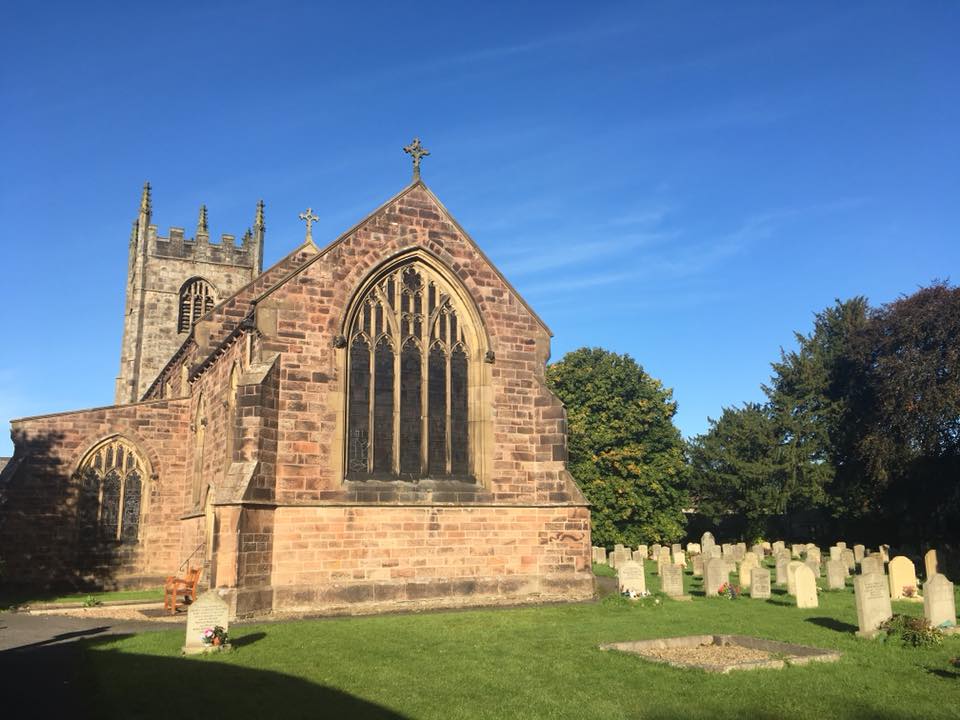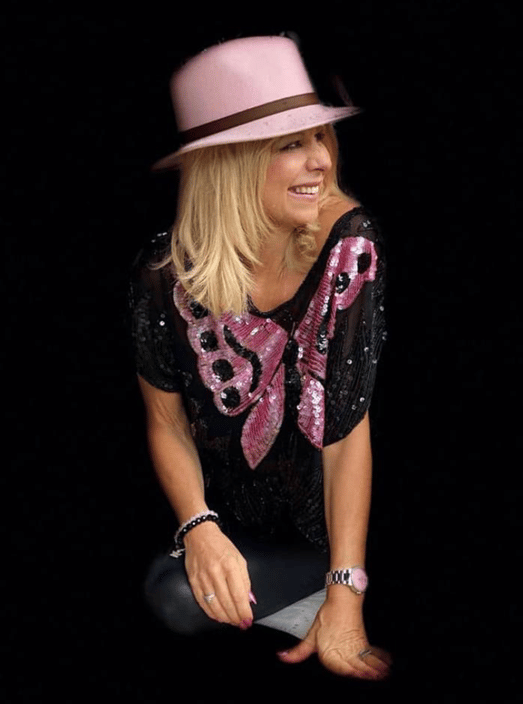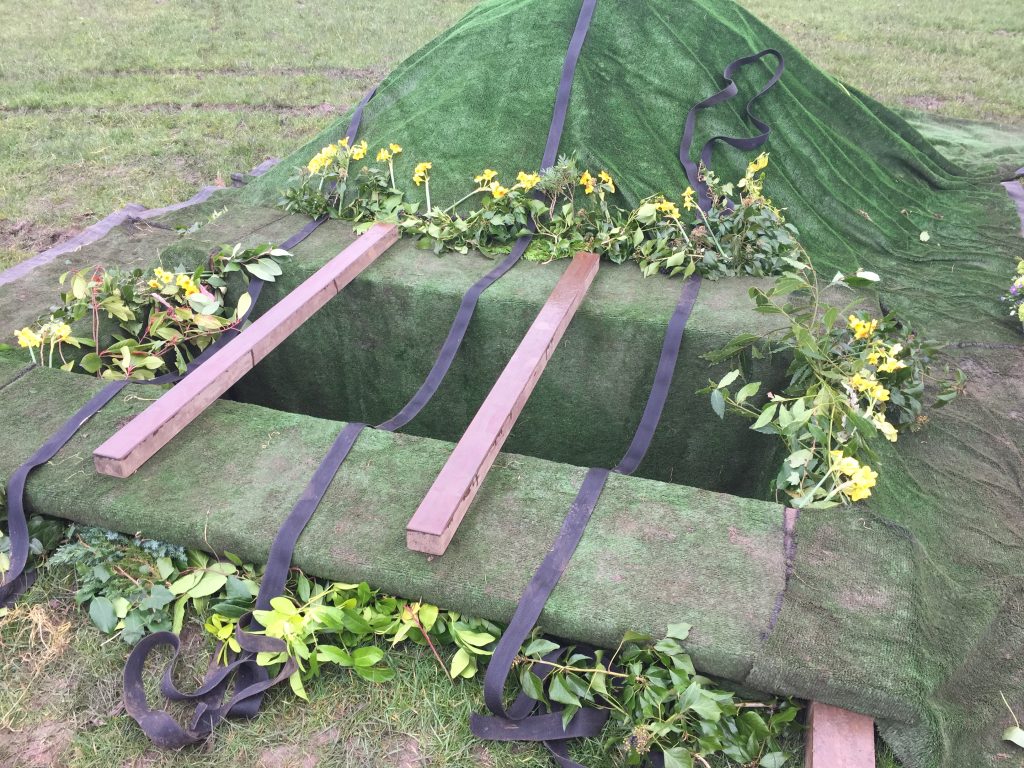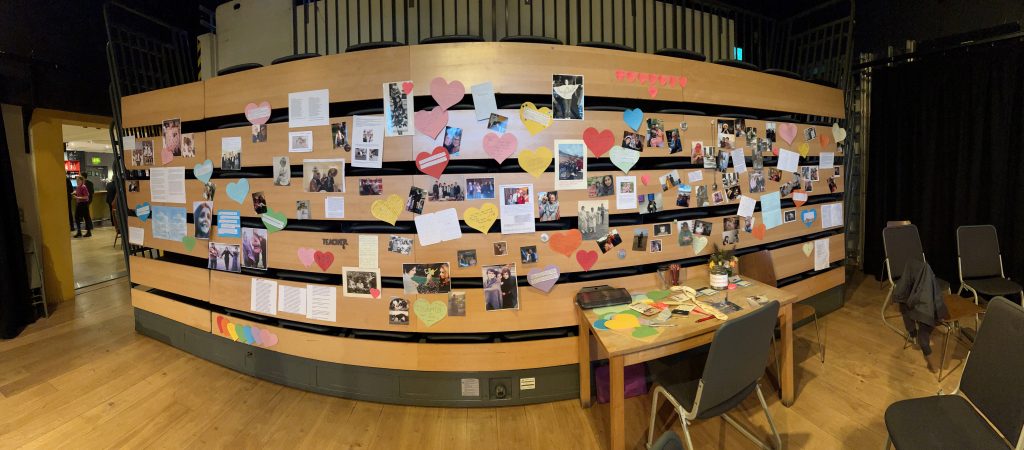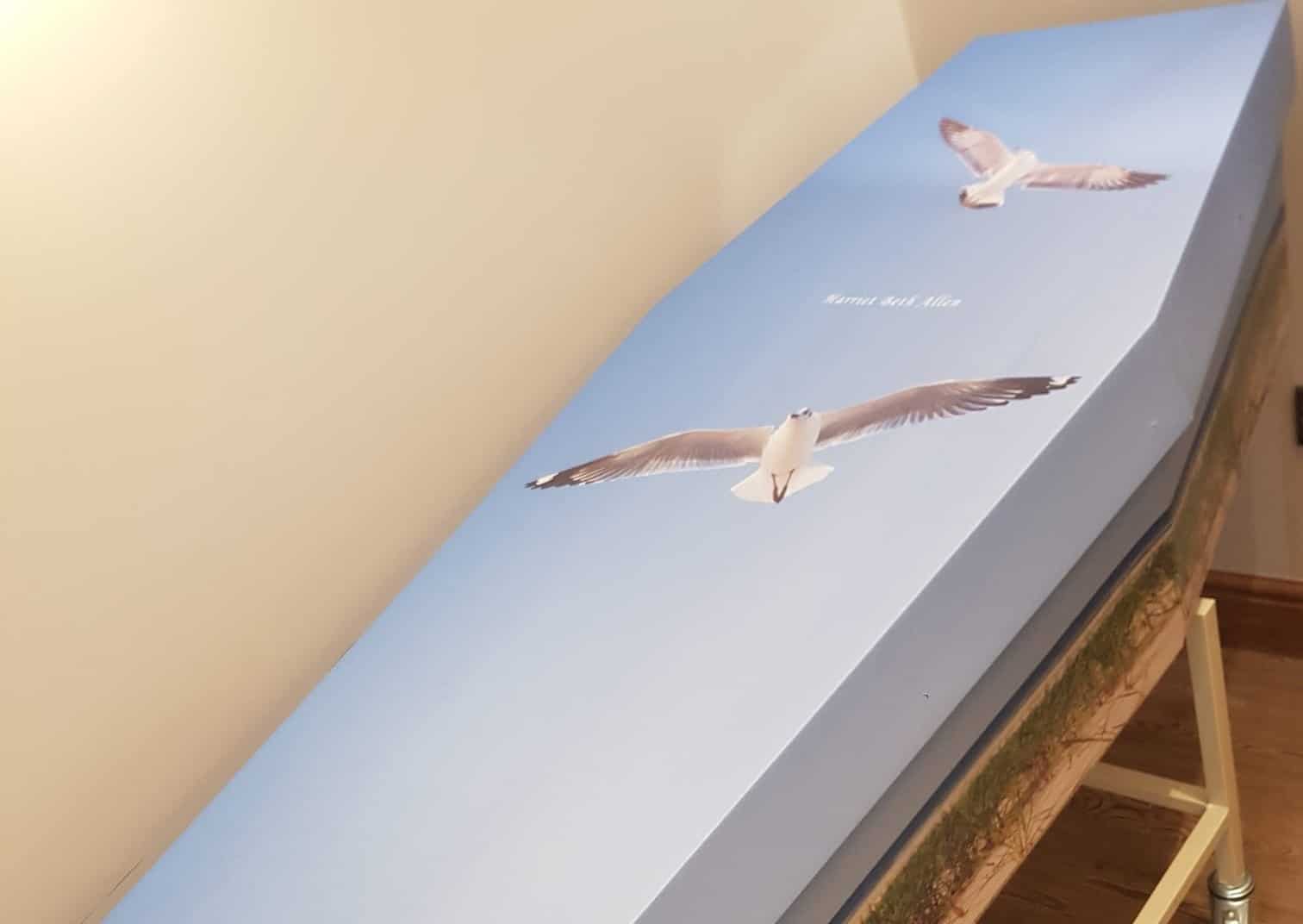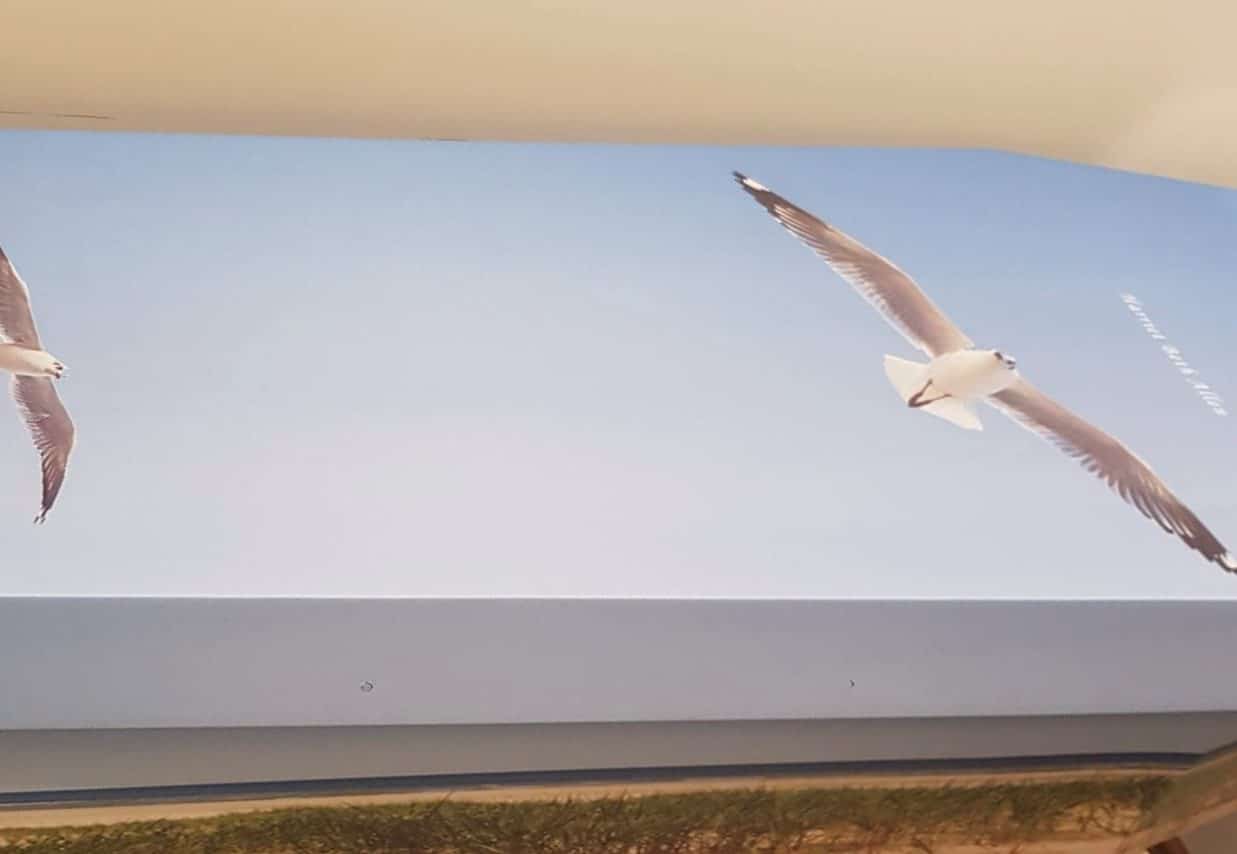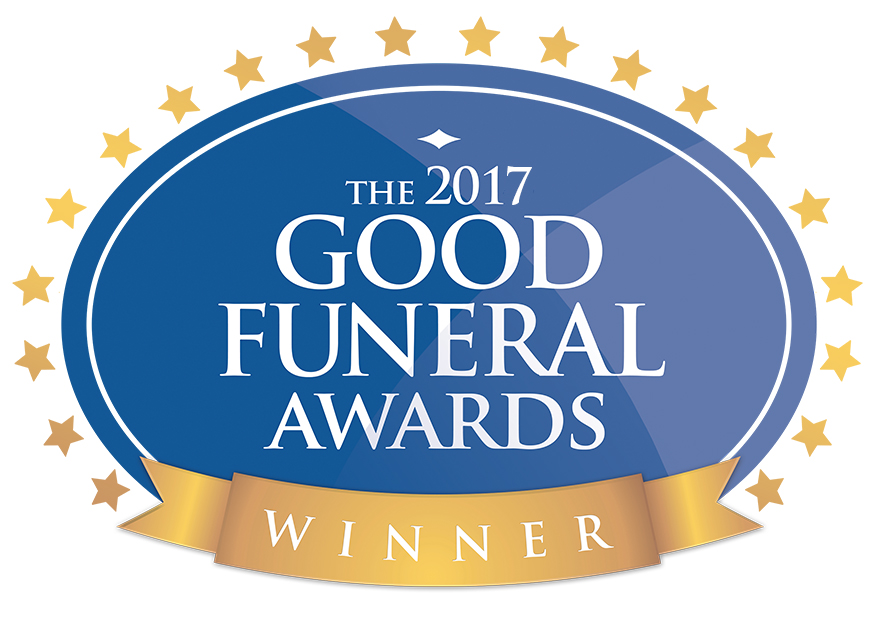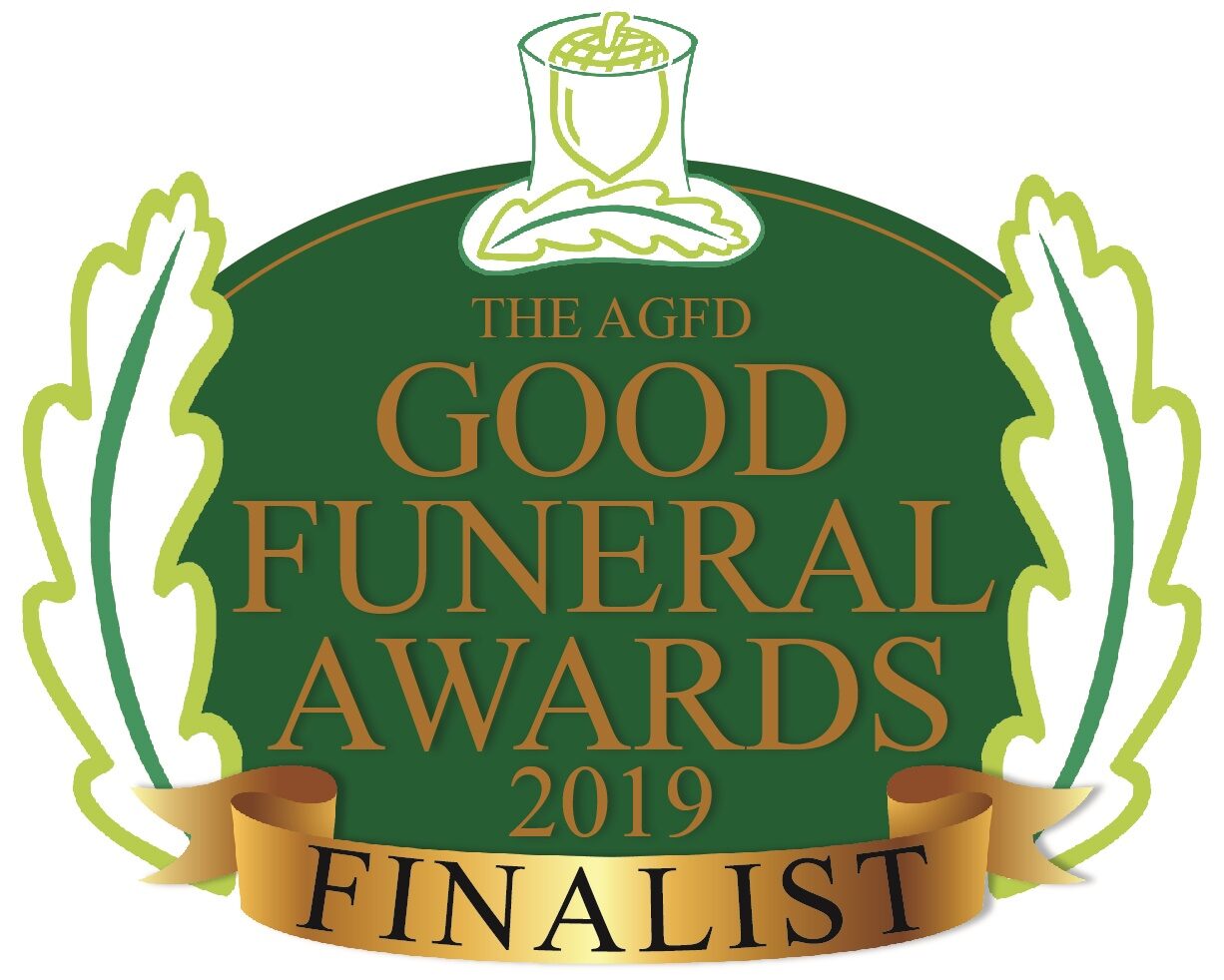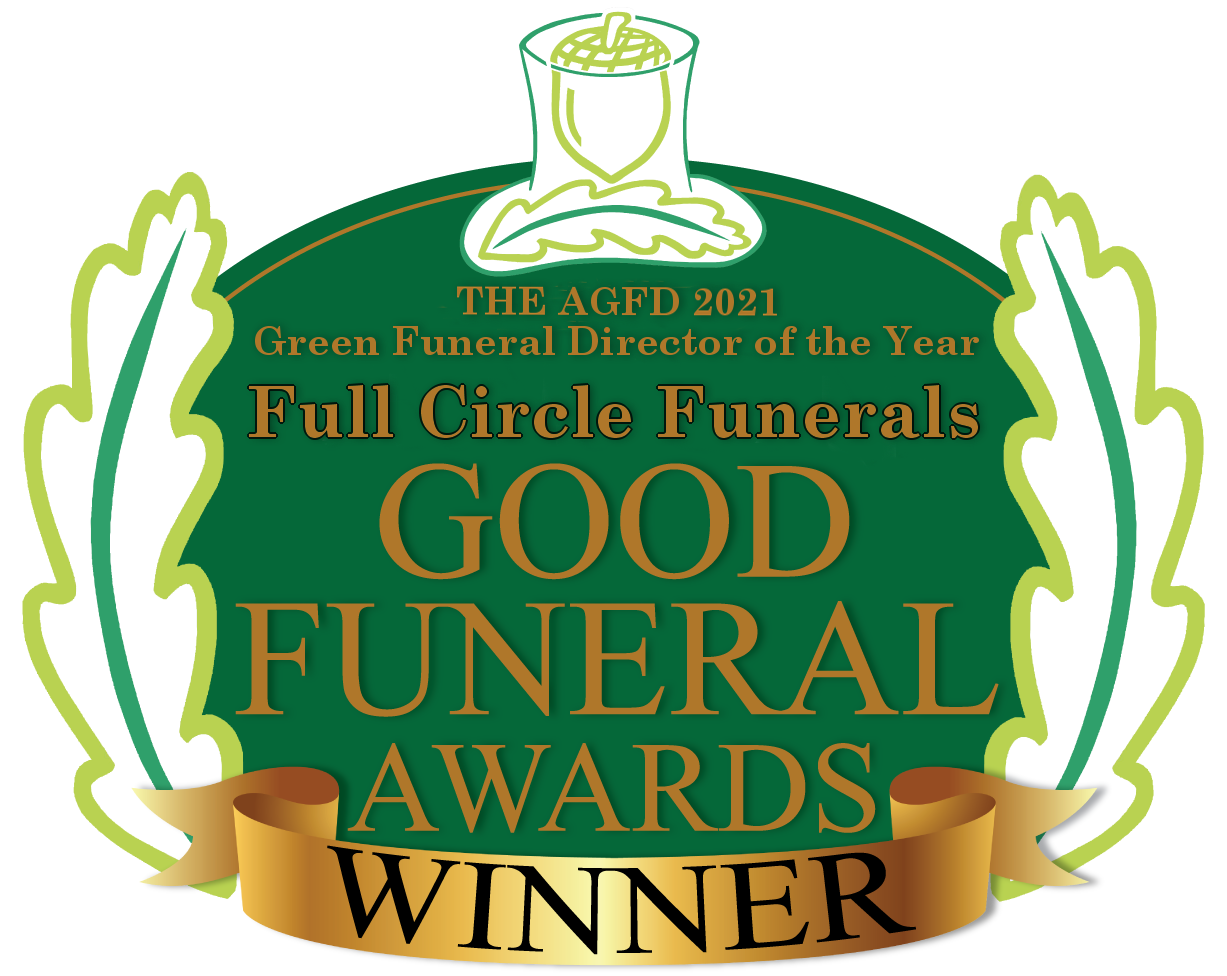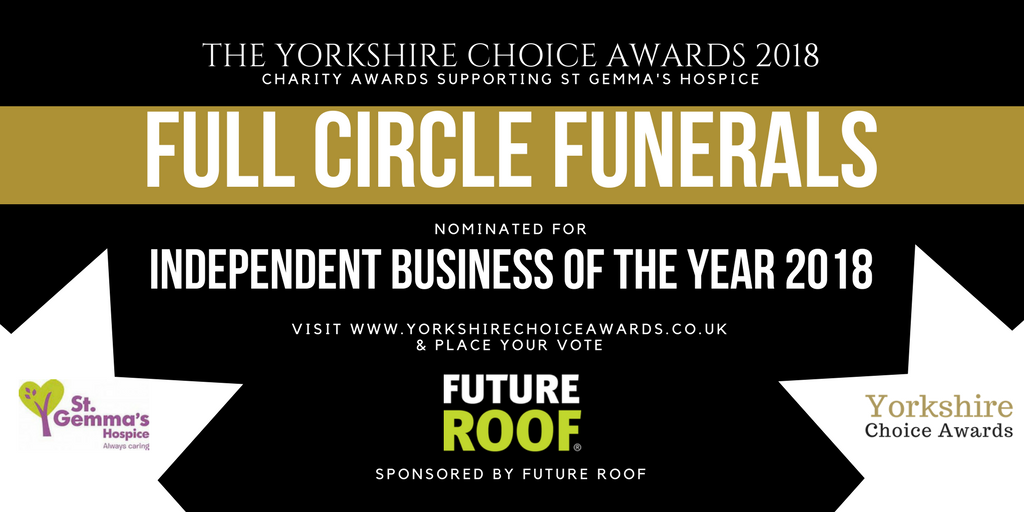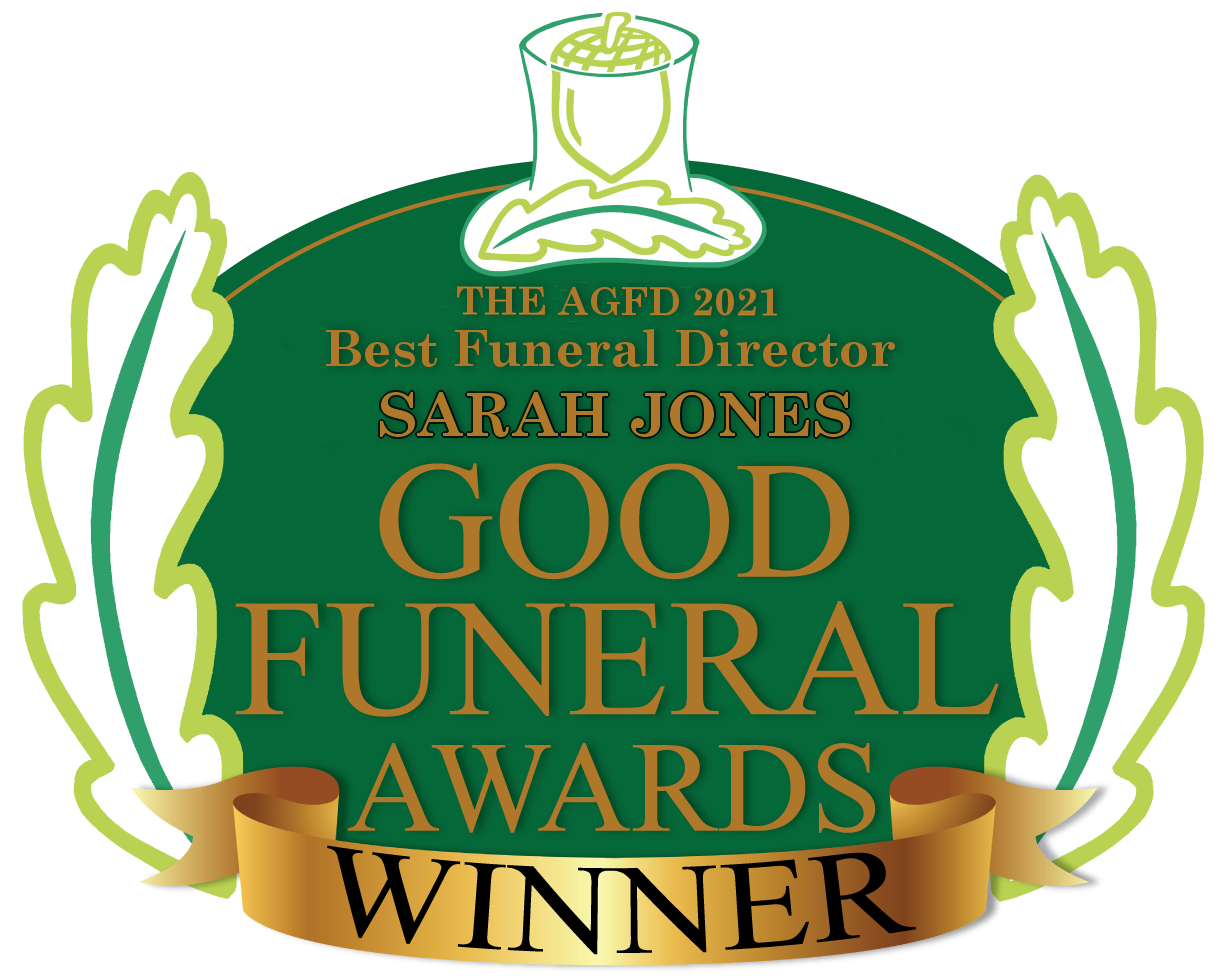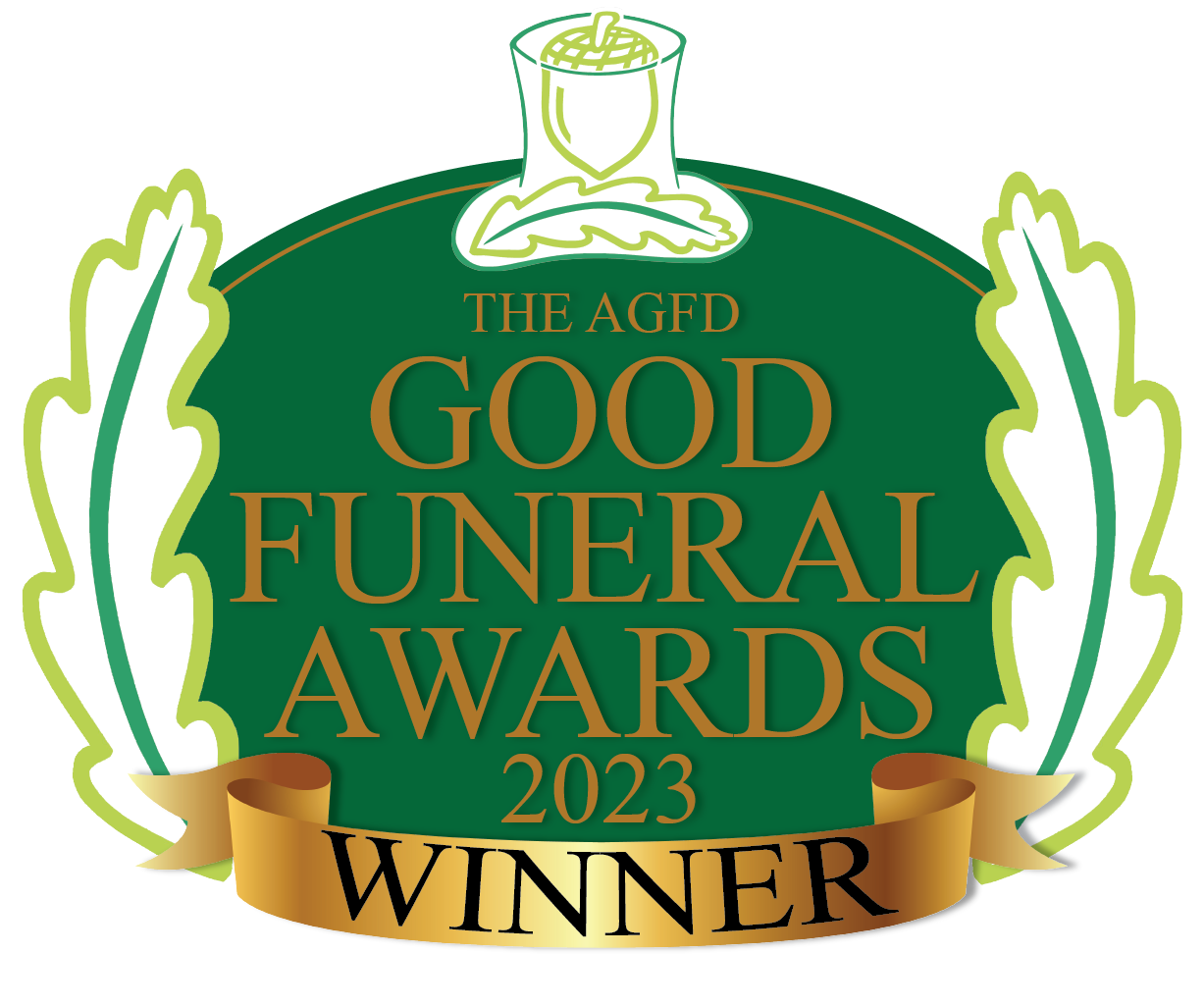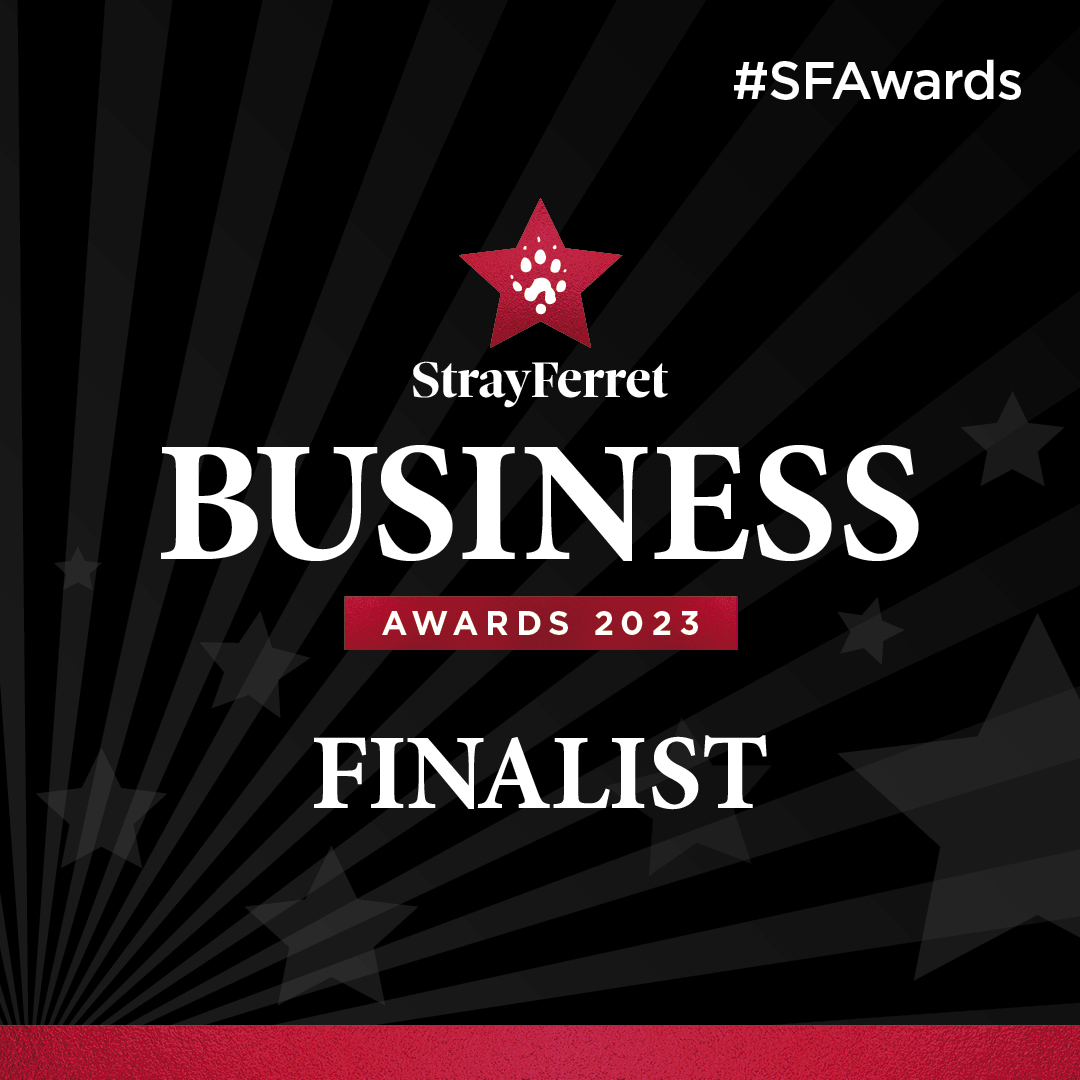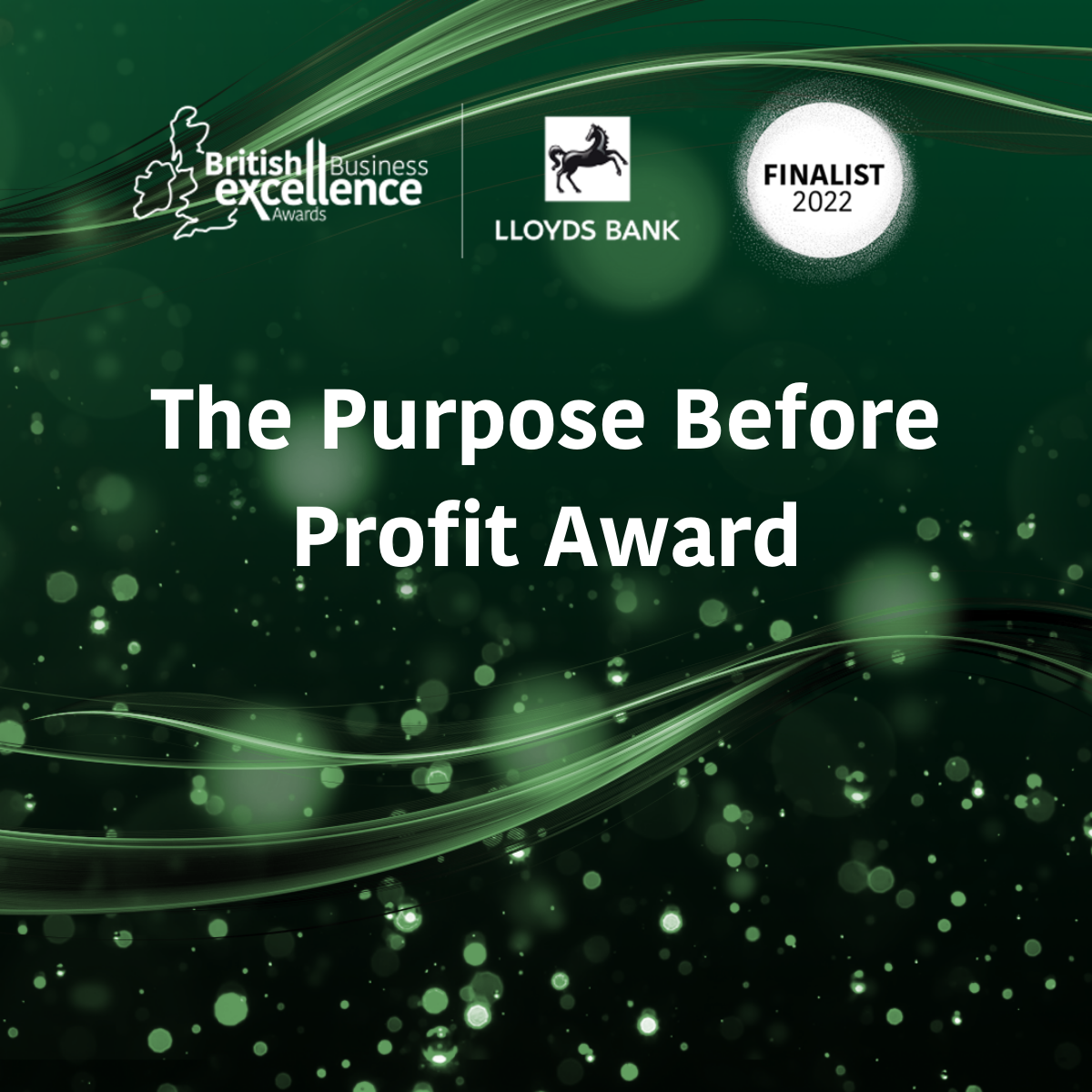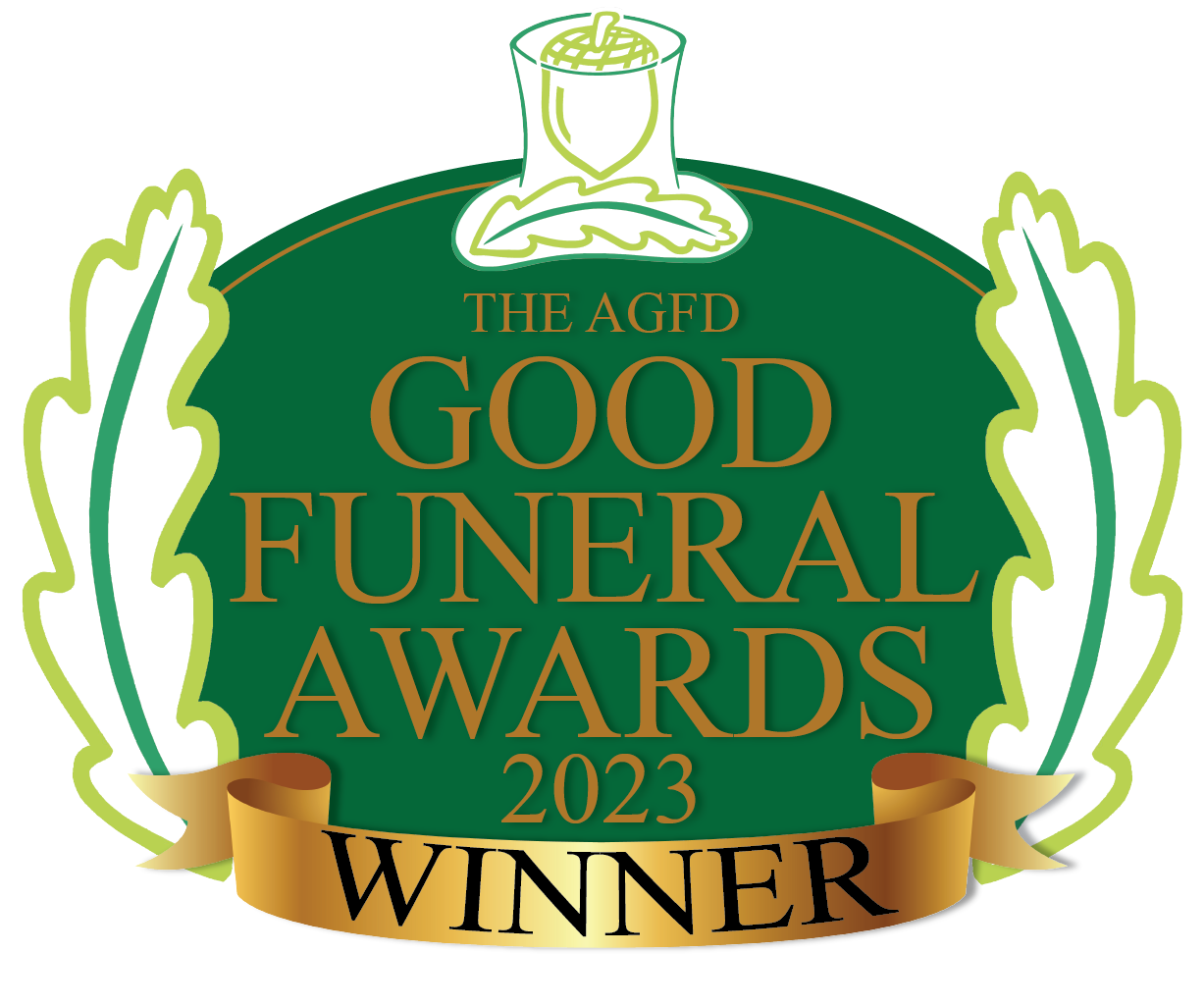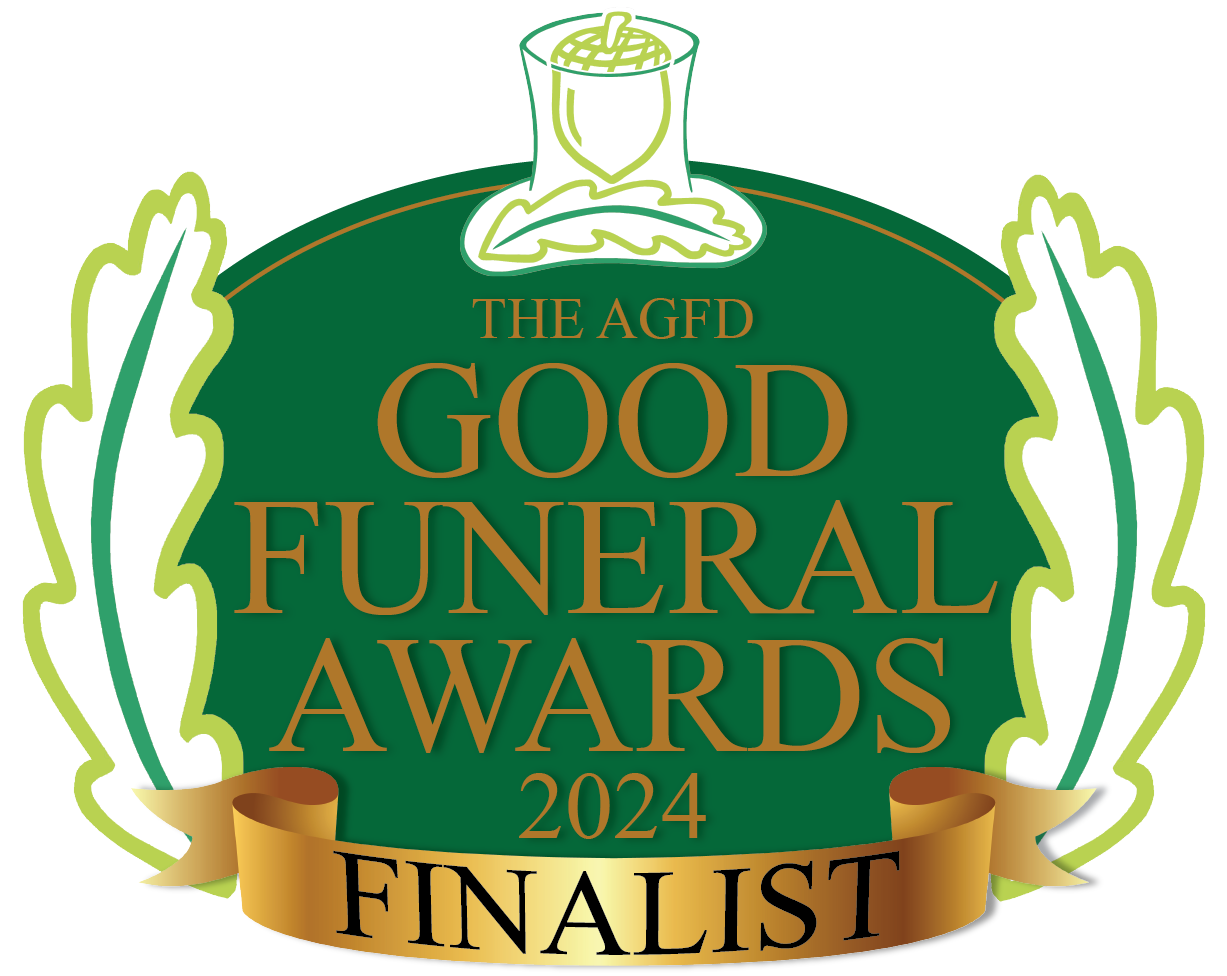What Documents Does a Funeral Director Need?
Making funeral arrangements after a person dies can involve a lot of administration without the right funeral director by your side. However, even when working with professionals who are happy to take on the responsibility for handling the finer details, a person arranging a funeral will still need to supply various documents and paperwork to help the process run smoothly.
Some of these funeral documents are needed before the person who has died can be legally buried or cremated, while others can help you arrange the funeral in a way that reflects the type of ceremony you want. The team at Full Circle Funerals can also help you to secure and prepare the necessary documentation, which can make the process simpler and more straightforward during a time that can otherwise be fraught with emotional and practical complications.
Here, we outline the most common documents you will need to arrange the funeral of a person who has died, how to get hold of them, and when during the process they will be needed. We also explain what happens in the event of an unexpected death that may be subject to an inquest.
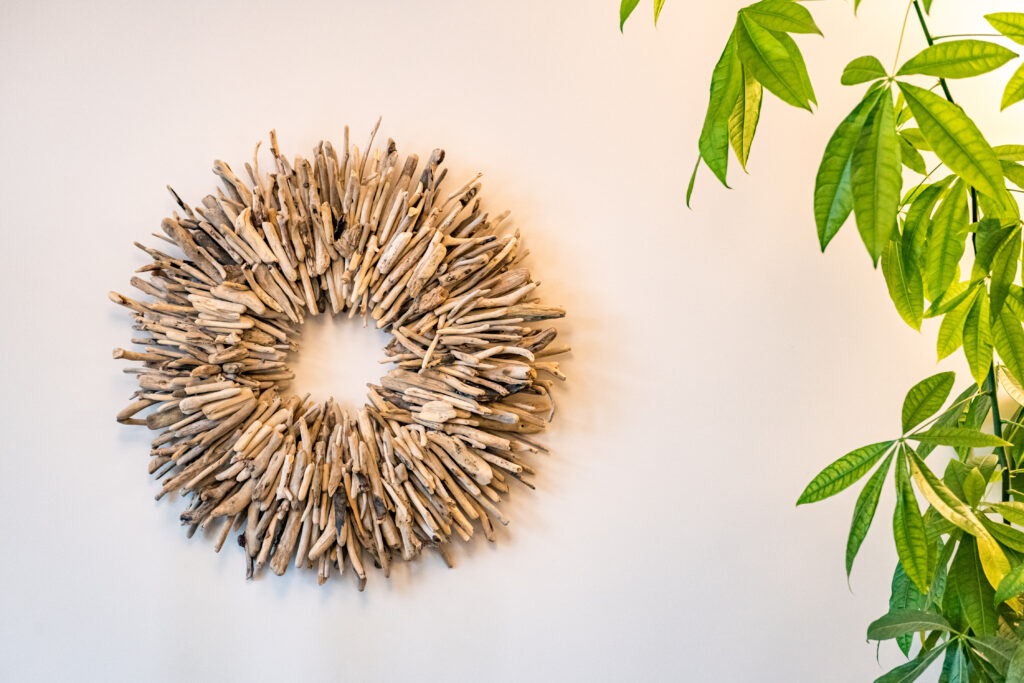



What documents will I need?
When arranging a funeral, certain documents must be provided to the funeral director responsible before you can proceed with the burial or cremation. While most funeral directors will assist with handling paperwork, having as many of these documents ready as possible will make the process smoother. There are also documents that do not need to be supplied when planning the funeral (such as those you use to register the death) but which form a vital part of the process nonetheless.
The most important funeral documents include:
Medical Certificate of Cause of Death (MCCD)
A MCCD is issued by the doctor or hospital who attended the deceased during their final illness, and lists the cause of death and any contributing factors. You do not need to give an MCCD to your funeral director, but receiving it is the first step of the process.
It must be presented to your local registry office within five days of the death in England and Wales, in order to register the death. If the cause of death is unknown, the death was sudden, unexplained, violent or suspicious, or the death occurred during surgery or in police custody, it may be referred to the coroner for an inquest.
In these cases, you will not receive a MCCD but you may apply for an interim death certificate to continue managing the person’s estate while awaiting the inquest. Following this, the coroner will usually issue a form to the registrar enabling them to register the death.
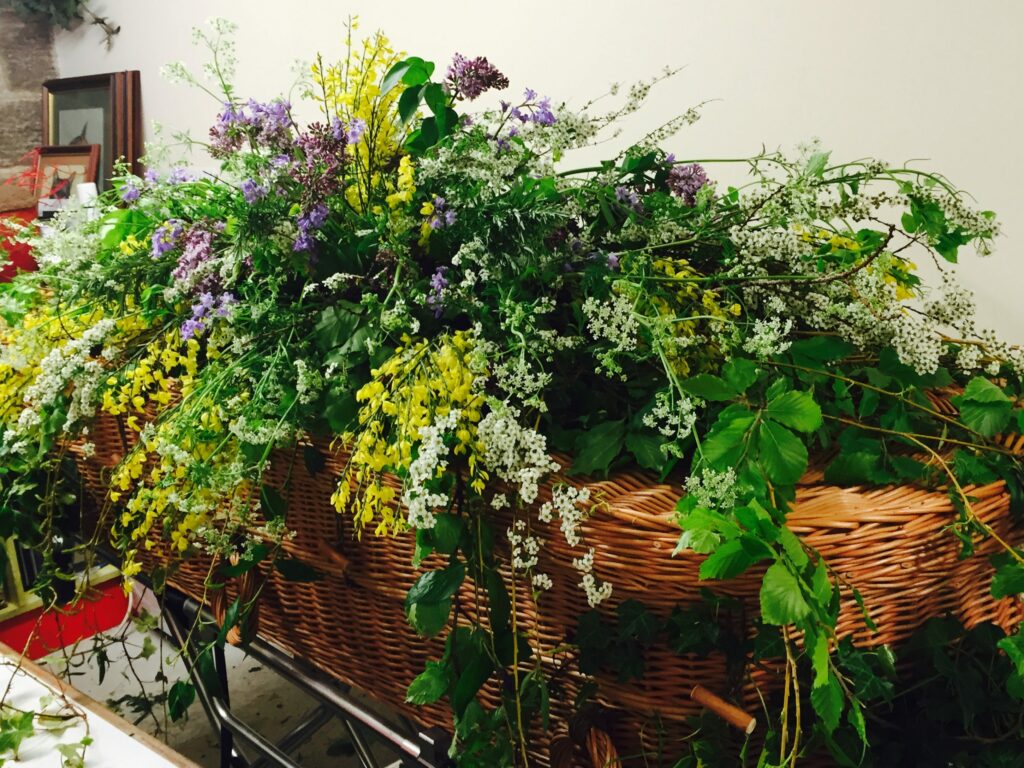



Death certificate
Once the death is registered, the registrar issues a death certificate. Multiple copies can be purchased for legal and administrative purposes, which means that you can provide a copy of the death certificate to your funeral director without affecting your ability to manage the person’s estate. You will also need to send copies of the death certificate to utility companies, banks and other financial institutions to close the accounts of the person who has died.
Certificate for Burial or Cremation
A Certificate for Burial or Cremation, commonly referred to as the ‘green form’, is an official document issued by the registrar of births, deaths and marriages in the UK. It authorises the burial or cremation of a deceased person and is required before funeral arrangements can proceed. This will be issued alongside the death certificate, unless the coroner is involved, in which case a different type of certificate may be provided.
The green form must be presented to your funeral director to permit burial or cremation, and they will submit it to the burial authority or crematorium before proceeding with funeral arrangements. For cremations, there are additional forms that must also be completed. Without the green form, a burial or cremation cannot legally take place unless the coroner has issued an alternative document.
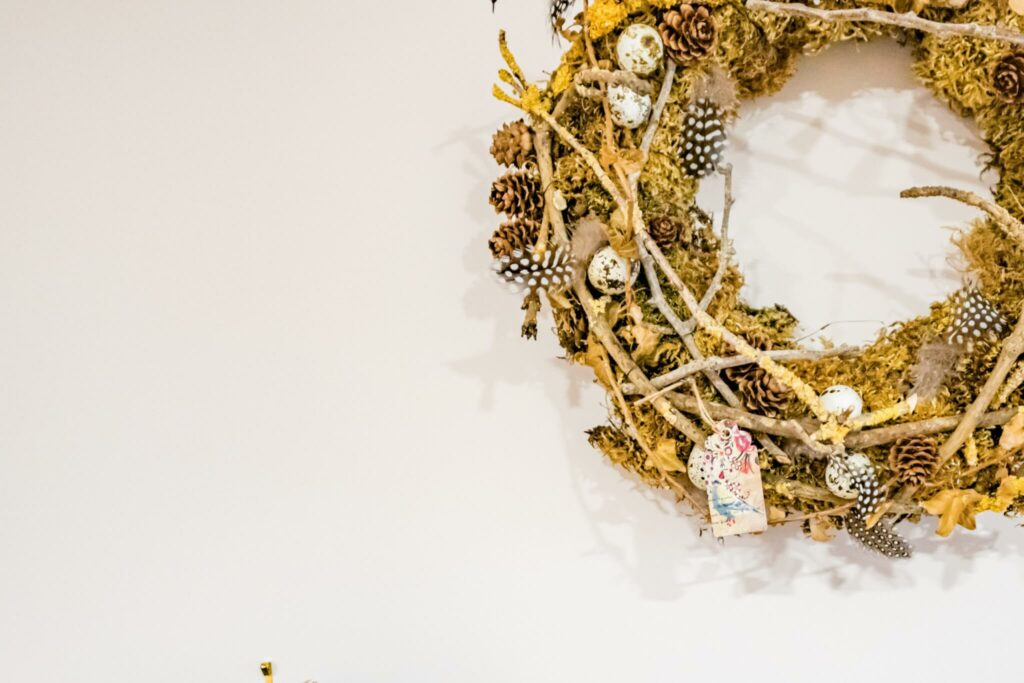

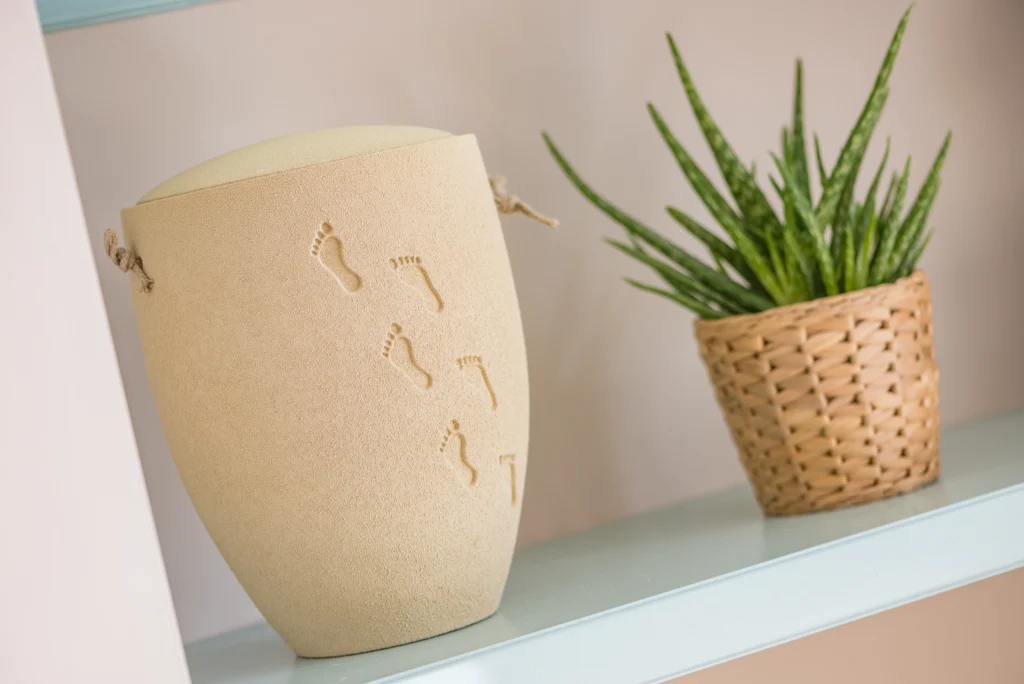



Cremation forms
If the person is to be cremated, there are additional cremation forms that must be given to your funeral director to pass along to the crematorium. The forms verify that the cremation is legally authorised and that the cause of death has been properly determined.
The most common is the standard cremation form, which applies when a person dies a natural death and there is no coroner involvement. It should be completed by the next of kin or the executor of the person’s will. The form includes details such as the applicant’s relationship with the deceased and those of the funeral director handling arrangements. It should also confirm that no objections exist to the person’s body being cremated. If there are objections, other paperwork may be submitted to put the cremation on hold until the dispute can be resolved. This is a separate legal matter that does not involve your funeral director.
A second cremation form will be produced by the medical referee at the crematorium. This acts as a final check before cremation that all paperwork is correct and complete. You will not need to see this form, but it is a fundamental part of arranging a cremation.
If the death is unnatural, unexplained or sudden, or if an inquest has been ordered, the coroner must approve the cremation. They will fill out any necessary forms and handle the paperwork for this in conjunction with the person making the funeral arrangements in each case.
Depending on what you intend to do with the person’s ashes after a cremation, you may need a certificate for their disposal. Some cemeteries, crematoria and other places will require this certificate before you can scatter someone’s ashes, and it may also be needed if you intend to travel abroad with the ashes. Your funeral director can discuss the specifics of your circumstances and advise you on whether or not you need this document.
Funeral plan documents
If the person had already arranged a prepaid funeral plan for themselves, the funeral director will need these details. These plans mean that many of the funeral arrangements have been made and paid for ahead of time, and the details of the plan will determine many of the specifics of the ceremony. As such, you should provide this to the funeral director at the earliest opportunity if you find such a plan.
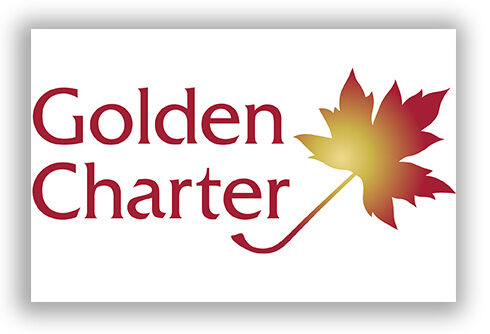



Will or letter of wishes
If the person left a will, it may contain specific wishes for their funeral, or they may have produced a separate letter of wishes that outlines their intentions. Providing a copy to the funeral director can make a big difference in terms of how effectively the funeral service represents the person who has died and the things that were important to them. At Full Circle Funerals, we specialise in bespoke funerals that are tailored to your individual needs, and if you’re not sure what to choose, the person’s will and letter of wishes can be a great starting point.
Support with funeral documents
If the process still feels daunting after reading our guide, the team at Full Circle Funerals is happy to discuss your needs with you and support you to arrange a funeral service with all of the necessary paperwork in order. Our experts can tell you exactly what they need and how they can help you to find the right paperwork, which can make the process of planning a funeral much more straightforward.
With our support, you can focus on the more meaningful decisions involved in the process and minimise the burden of administration. To learn more about how we can help or talk about getting your paperwork in order, get in touch with Full Circle Funerals today.

